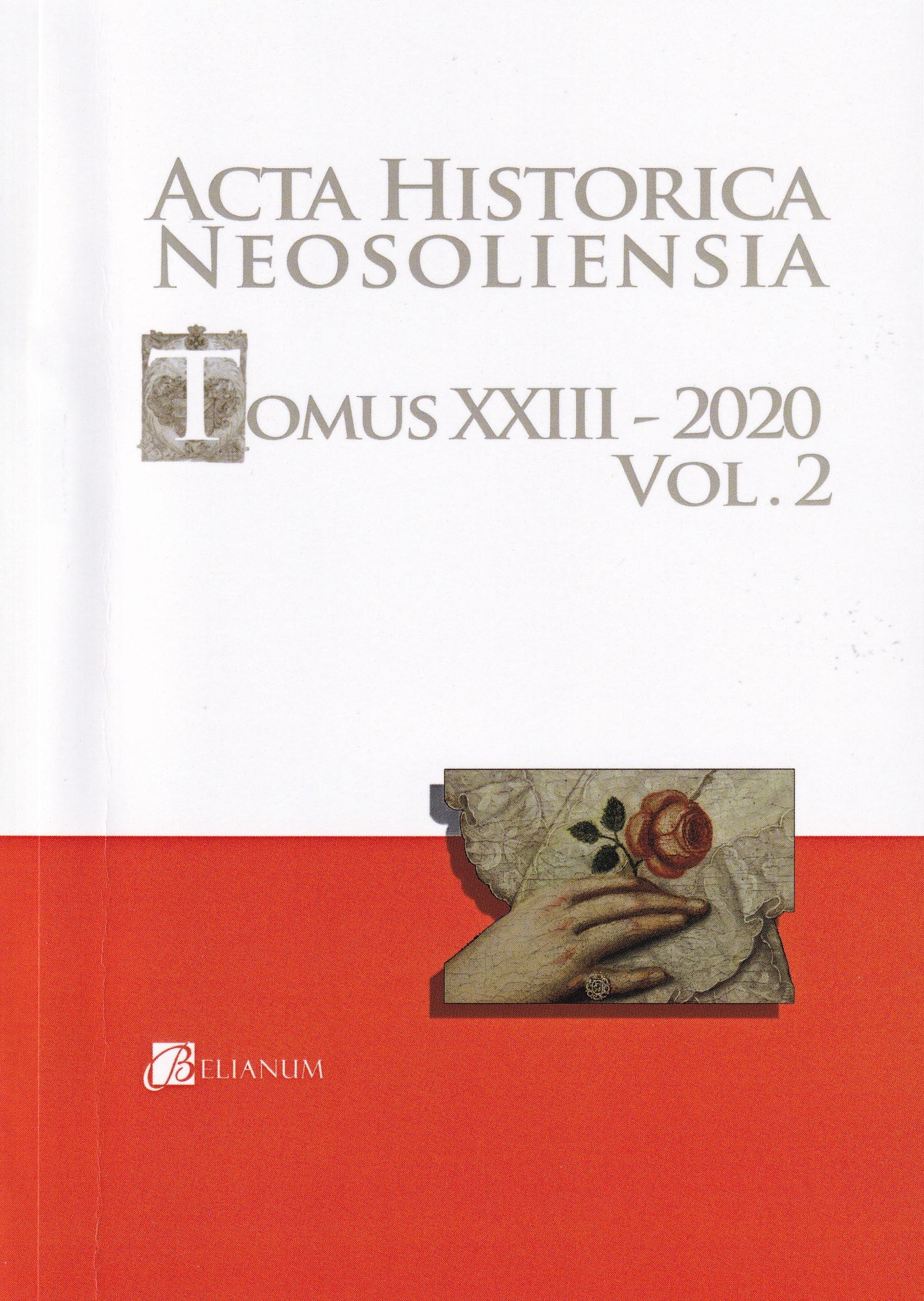Podiel Bohumíra Šmerala na formovaní Komunistickej strany Československa v prvej dekáde medzivojnovej Československej republiky
A role of Bohumír Šmeral in formation of Communist Party of Czechoslovakia in first decade of inter-war Czechoslovak Republic
Author(s): Milan OlejníkSubject(s): History, Political history, Interwar Period (1920 - 1939), History of Communism
Published by: Filozofická fakulta Univerzity Mateja Bela
Keywords: Communist Party of Czechoslovakia;Bohumír Šmeral;Comintern;Left;
Summary/Abstract: Bohumír Šmeral was one of the most important founders of radical left during the first years of Czechoslovak Republic, even though his political philosophy was never based on total adherence to rigid requirements formulated by the Communist International (CI). As a consequence, he became a target of frequently recurring criticism voiced by leadership of CI as well as leftist segments in Communist Party of Czechoslovakia (CPC). For his moderate approach in implementation of communist ideology to CPC, he was accused of centrist policy named pejoratively “šmeralism”. After death of V. I. Lenin, who tolerated to certain extent Šmeral´s independent policy, CI adopted more radi-cal political path – “bolshevization”, which was imposition of uncompromising request to rebuild CPC along Russian communist party lines. This led to elimination of Šmeral´s political influence in CPC. Šmeral was used by CI to perform external tasks in communist movement. His travels to European countries, even to far-away Mongolia, distanced Šmeral from internal affairs of CPS. He was following instructions given to him by Communist International and during sparse visits to Czechoslovakia was active as a propagator of Soviet Russia, its literature, social order and ideology.
Journal: Acta historica Neosoliensia
- Issue Year: 23/2020
- Issue No: 2
- Page Range: 54-70
- Page Count: 17
- Language: Slovak

